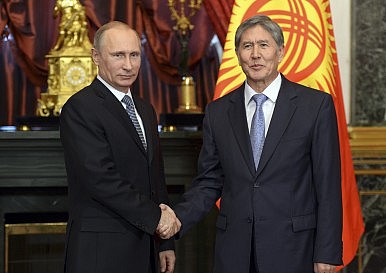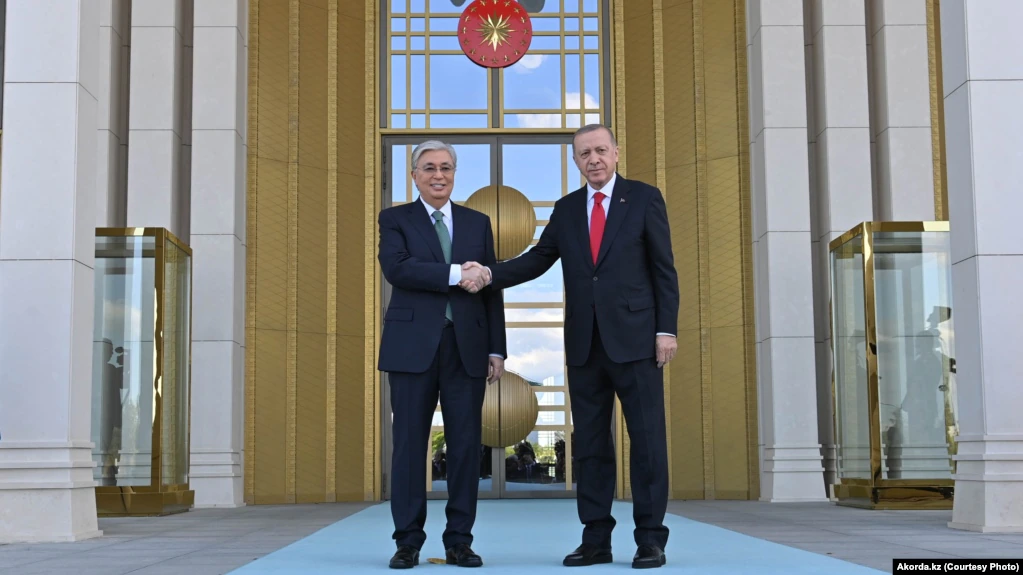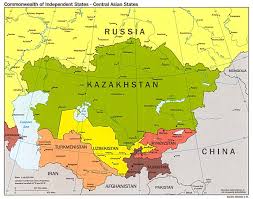 The situation in Ukraine has increased the internal tension in the CIS and will complicate the relations between its member countries, Russian political analyst Dmitry Oreshkin told Rosbalt (www.rosbalt.ru). He said that even today, such CIS member countries as Belarus and Kazakhstan, which have achieved the closest integration with Russia within the Customs Union, participate in these organizations only because "it is economically profitable for them" and "only to the extent that is profitable for them".
The situation in Ukraine has increased the internal tension in the CIS and will complicate the relations between its member countries, Russian political analyst Dmitry Oreshkin told Rosbalt (www.rosbalt.ru). He said that even today, such CIS member countries as Belarus and Kazakhstan, which have achieved the closest integration with Russia within the Customs Union, participate in these organizations only because "it is economically profitable for them" and "only to the extent that is profitable for them".


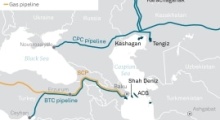

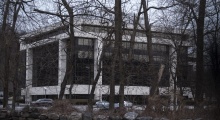
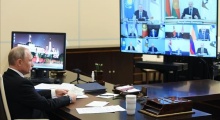

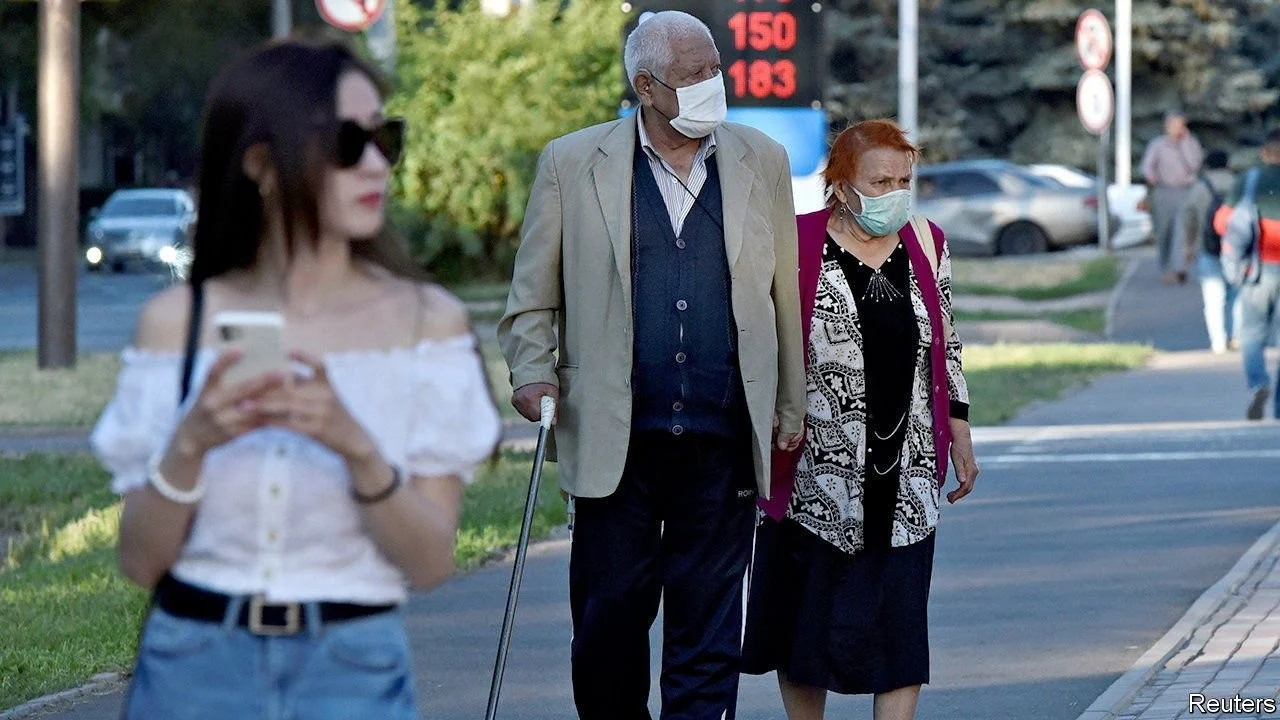
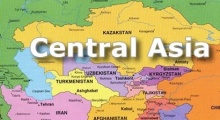
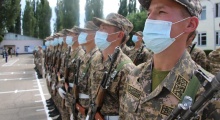

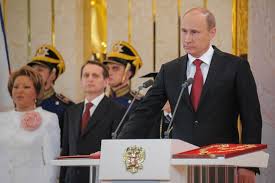 In 1918, US President Woodrow Wilson said that for one year he had been "sweating blood" under the Russian question. According to Woodrow Wilson: A Life for World Peace, he wrote to the House: "I have been sweating blood over the question what is right and feasible to do in Russia. It goes to pieces like quicksilver under my touch, but I hope I see and can report some progress presently, along the double line of economic assistance, and aid to the Czecho-Slovaks".
In 1918, US President Woodrow Wilson said that for one year he had been "sweating blood" under the Russian question. According to Woodrow Wilson: A Life for World Peace, he wrote to the House: "I have been sweating blood over the question what is right and feasible to do in Russia. It goes to pieces like quicksilver under my touch, but I hope I see and can report some progress presently, along the double line of economic assistance, and aid to the Czecho-Slovaks".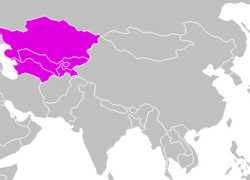 As illustrated by recent events in Ukraine, the post-Soviet space is still undergoing significant economic and political transformations. After the Soviet Union collapsed, the world welcomed 15 new sovereign states. Each of them chose a different path, some of which led to democracy and others that went astray.
As illustrated by recent events in Ukraine, the post-Soviet space is still undergoing significant economic and political transformations. After the Soviet Union collapsed, the world welcomed 15 new sovereign states. Each of them chose a different path, some of which led to democracy and others that went astray.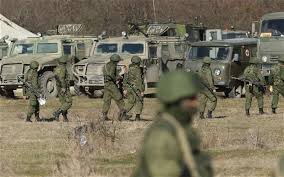 The Russia-Ukraine crisis is having a profoundly unsettling effect on authoritarian-minded governments in Central Asia. On the one hand, they are keen to keep the forces unleashed by the Euromaidan movement at bay; on the other, they appear unnerved by the Kremlin's power play.
The Russia-Ukraine crisis is having a profoundly unsettling effect on authoritarian-minded governments in Central Asia. On the one hand, they are keen to keep the forces unleashed by the Euromaidan movement at bay; on the other, they appear unnerved by the Kremlin's power play.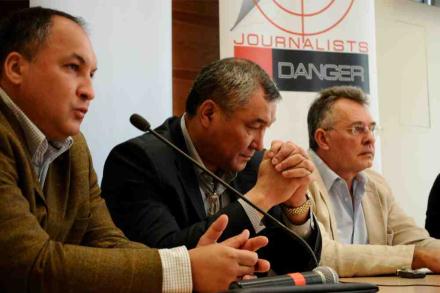 Two Kazakh nationals have made a renewed police challenge, to ask the Maltese law courts to investigate their accusations of torture against Kazakh exile Rakhat Aliyev, who resides in Malta. Despite repeated requests, the police have so far refused to investigate complaints by former bodyguards Satzhev Ibraev and Pyotr Afanasenko. The two men claim they were tortured on order of Aliyev in 2001, and personally beaten by him, to extract a false confession that their boss, former prime minister Akezhan Kazageldin, was plotting a coup against Aliyev's father-in-law, Kazakh dictator Nursultan Nazarbayev.
Two Kazakh nationals have made a renewed police challenge, to ask the Maltese law courts to investigate their accusations of torture against Kazakh exile Rakhat Aliyev, who resides in Malta. Despite repeated requests, the police have so far refused to investigate complaints by former bodyguards Satzhev Ibraev and Pyotr Afanasenko. The two men claim they were tortured on order of Aliyev in 2001, and personally beaten by him, to extract a false confession that their boss, former prime minister Akezhan Kazageldin, was plotting a coup against Aliyev's father-in-law, Kazakh dictator Nursultan Nazarbayev. Given its proximity to Russia and Ukraine, Poland could run several risks and find some opportunities related to the on-going standoff in Crimea. On Monday, Polskie Gornictwo Naftowe i Gazownictwo (PGNiG) fell the most on record, with investors concerned for its pipeline route via Ukraine and lower-than expected earnings.
Given its proximity to Russia and Ukraine, Poland could run several risks and find some opportunities related to the on-going standoff in Crimea. On Monday, Polskie Gornictwo Naftowe i Gazownictwo (PGNiG) fell the most on record, with investors concerned for its pipeline route via Ukraine and lower-than expected earnings.